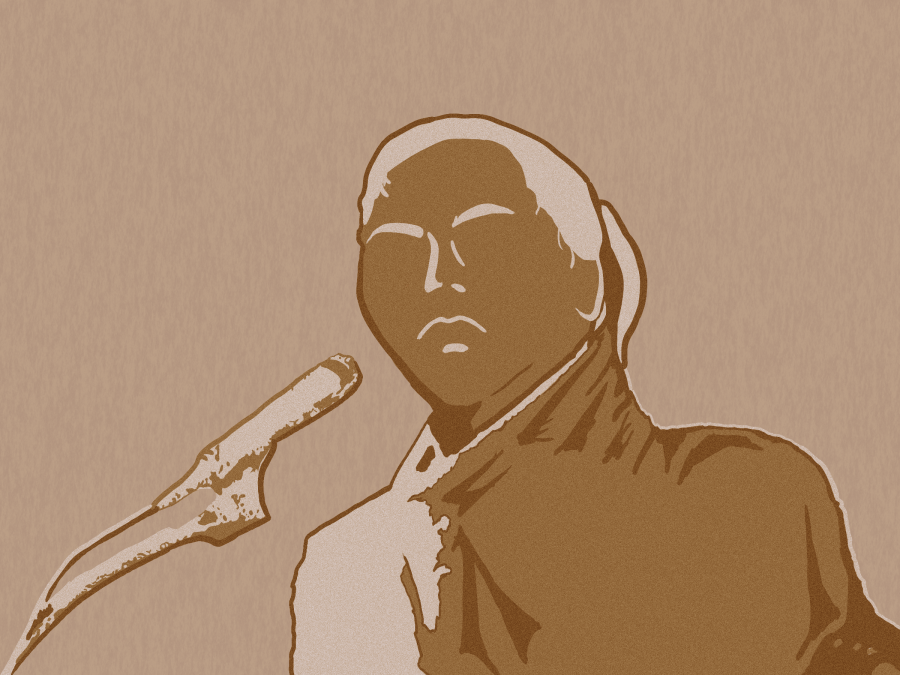For a substantial portion of the student population, there is an abundance of fresh cosmetic and practical renovations to be seen around campus. Areas in the West Mall and on Speedway have seen their infrastructure change dramatically with improvements to accessibility and previously run-down features. However, the removal of approximately 11 kiosks has gone relatively unnoticed by the student body and UT administration. These kiosks were placed around campus and left open for organizations to advertise their groups and events with flyers.
For many new organizations, advertising on these kiosks was one of the first ways to get people aware of their cause while using very few resources. Now, as a result of the removal of these key features the de facto silencing of student voices has taken place. Organizations, which have little access to money or time, are further limited in the ways they can grow without access to these kiosks.
According to a representative from the Office of the Dean of Students, there are no scheduled plans for reintroducing the kiosks or anything similar following the recent campus face-lift. Instead, if a student wants to advertise for their organization, they must contact the building manager for each building they wish to place flyers in. This time-intensive workaround is not acceptable. In the spirit of ensuring free speech on campus, UT must reinstall kiosks.
Ann Meyer, a studio art junior and founder of a new organization, The Opposition, said that the recent changes have been hard for her group. “When we started, we would collect surveys at meetings about how people heard about our organization and almost half were from flyers … Without the ability use flyers consistently, it drags down our numbers.”
Although we now live in the era of social media, where this information could be found on Facebook or Twitter, the unfortunate reality of social media is that we often become trapped in bubbles of our own making. The physical space of kiosks trends toward a more democratic forum of expression where students can be exposed to new ideas and organizations that don’t fit neatly into their bubbles.
The removal of kiosks may seem trivial to some students, but they served as space on campus where students could speak freely without the constraints of the UT bureaucracy. Kiosks were policed by the student body, who regularly removed racist or other inappropriate material. They served as hot spots for community, tools for organizing and they heightened cohesion of the student body by promoting UT’s over 1,100 student organizations.
If President Greg Fenves truly wishes to stand with Texas Gov. Greg Abbott in the defense of universities as places of free speech for the public, he should do the courtesy of being consistent on his own campus. The freedom to eat anything we want means nothing without the money to buy food. So what does free speech mean when the places to speak are taken away? It amounts to nothing as well. Student voices have a right to be heard. While the return of the kiosks will be a small step in ensuring that right, it is a step nonetheless.
Douglass is a philosophy senior from Sherman, Texas.





















